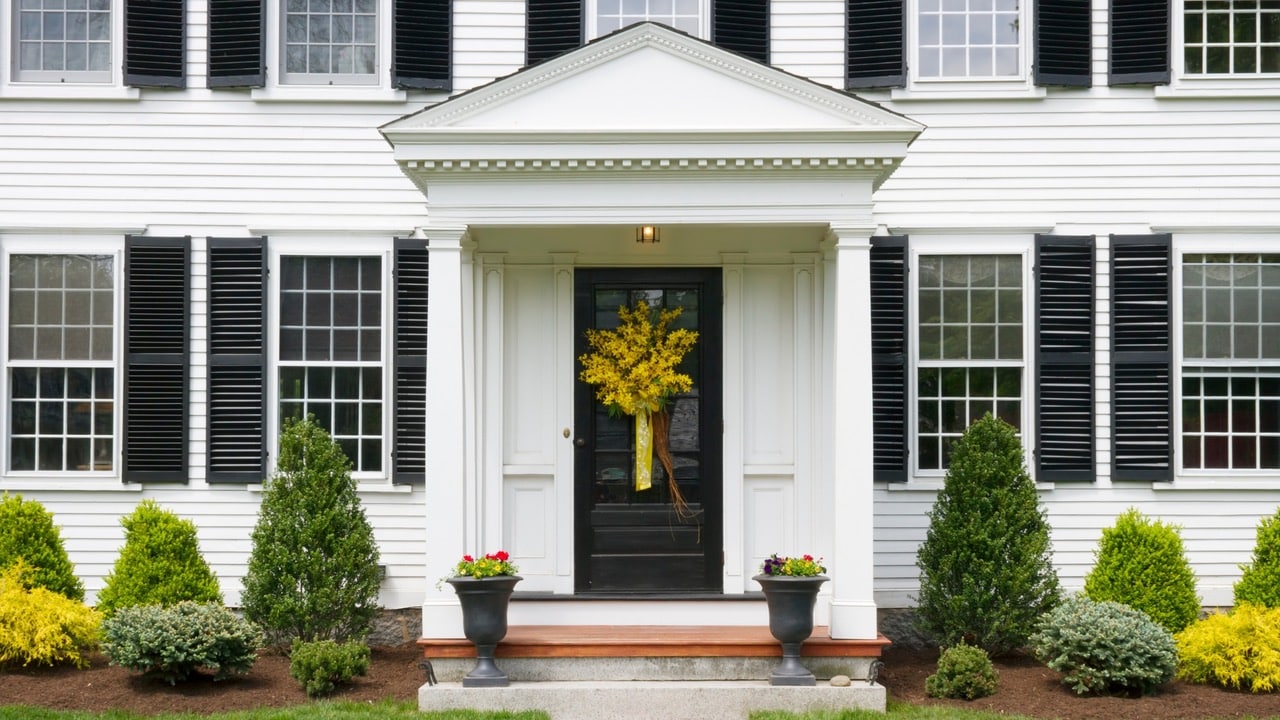From The Victoria Carter Group:

Are you a New Jersey homeowner looking to move?
It’s no secret that a successful home sale demands many factors fall into place, some of which include timing the sale during favorable real estate market conditions, attracting a qualified buyer, pricing the home strategically relative to comparable homes, and the lender getting a home appraisal valuation that aligns with the buyer’s expectations.
In fact, home appraisals, or professional third-party valuations of the home, are a crucial step in the home-selling process. The appraisal takes place after a potential homebuyer has submitted an offer to which the home seller has agreed. Lenders use the appraisal to determine the loan amount, and during the home appraisal, an independent qualified appraiser will assess the property to determine its current market value. The lender utilizes the information and evaluates the appraised value of the home relative to the agreed contract price.
About 10% of appraisals come in below the contract price, so both homebuyers and sellers should be knowledgeable about the appraisal process because occasionally, the results can be unexpected.
Here are 5 important factors that can impact a home appraisal:
1. Property location and neighborhood
The location of a house is one of the most important factors contributing to the value of the home. Home appraisers consider whether the:
- Home is a part of a larger neighborhood
- Property is on the outer edges or the interior of the neighborhood
- Location is in a quieter part of a town or off a busy highway
- Neighborhood has good schools
- Streetlights and streets are well-maintained
- Proximity of public services like police stations and hospitals, their convenience and accessibility
Another important location attribute that appraisers consider is safety. If your home is situated in a low-crime area, it is definitely more valuable than a property located in a neighborhood with higher rates of crime.
2. Space and square footage of the house
The size, layout and quality of the materials used to build your home, the number of amenities it offers, and how dated those amenities are play roles in deciding the home’s value. In addition, the appraiser will look at square footage, storage space, garage space, the number of bathrooms and bedrooms, and basement size. A greater quantity of space and rooms can bolster the value of your home, but at the high-end, that rule does not necessarily apply.
Another example—the home appraiser will check to see how much of your home’s square footage is actually usable for the potential buyer. For bathrooms, full bathrooms with a sink, toilet, and shower possess greater value than half-bathrooms. Bathtubs, Jacuzzis, and other bathroom accessories can also increase the worth of your house. If you have a basement, the home appraiser will want to see if it is finished.
3. Materials and structure of the property
Another critical component of determining the value of your home is the materials used in its construction as well as the flow of the floor plan. Houses made with modern materials and fitted with state-of-the-art appliances are valued higher than older homes. Appraisers also look to see how well your home’s interior fits with a contemporary aesthetic and whether the home’s floor plan is comfortable and functional for the homeowner.
Home appraisers always consider safety. They will check to see if doors and windows are sturdy, to code, and made from high-quality materials. Worn wood, evidence of termites or traces of water damage reduce the value of your home as they pose health and safety risks.
4. Age and design of the home
As your home ages, its value will decrease with time. Even if your house is well maintained, there is a good chance it will be appraised at a lower price as each year passes. However, in some neighborhoods, classic, traditional decor and layout rather than a trendy, niche design is more valuable. Certain finishes to your home and specific exterior styles may improve the value of the home. Often, the more neutral home exteriors and interiors support a more favorable appraisal too.
5. Renovations and maintenance
Renovations and necessary upgrades are key components to your home appraisal value. Some examples include updated flooring, kitchen countertops and cabinets, and bathrooms, as well as exterior roofing and siding. These upgrades are particularly important for older homes. Before listing your home on the market, ensure you fix broken appliances, faulty heating or cooling, and damaged walls or floors.
An important item to remember is if you are considering listing your home, make improvements that will impact your home appraisal well in advance. Timing your appraisal matters, and an experienced real estate agent can help assess market conditions as well as when to do the appraisal.
If you have questions about the home appraisal process or the ins and outs of selling your home in northern New Jersey, contact Victoria Carter at (973) 220-3050 or email victoria@victoriacarter.com. I would love to assist you.

